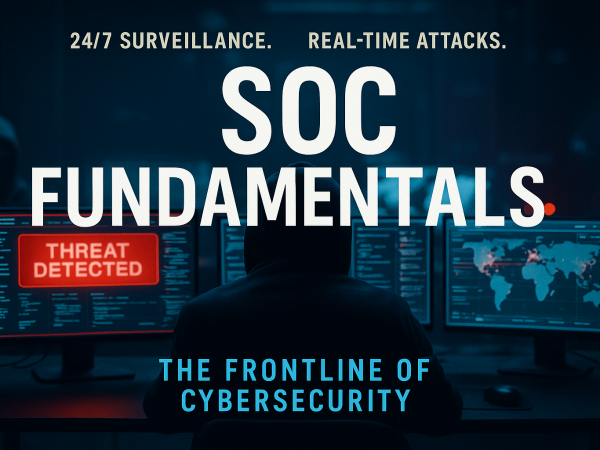Introduction
This post explores career advancement options and certifications for cybersecurity professionals who have obtained the Offensive Security Certified Professional (OSCP) certification. It highlights various paths to build on the foundational skills gained from OSCP and advance in the field of cybersecurity.
HackTheBox Certified Penetration Testing Specialist Study Notes
What is OSCP?
The OSCP certification is a rigorous credential provided by Offensive Security, known for its challenging and hands-on approach to cybersecurity. Aimed at testing a candidate’s ability to conduct penetration tests and ethical hacking practices, OSCP evaluates skills in real-time, making it highly valued by employers seeking qualified security professionals. Since its inception, OSCP has focused on fundamental cybersecurity skills, such as vulnerability assessment, network exploitation, and post-exploitation tactics.
This certification is particularly known for its “try harder” motto, which signifies the determination and self-reliance required to pass the exam. Candidates must demonstrate practical skills, perseverance, and the ability to solve complex security challenges.
What Comes After OSCP?
1. Advanced Certifications:
- OSCE (Offensive Security Experienced Penetration Tester):
- Focuses on advanced penetration testing techniques, such as bypassing antivirus software and endpoint detection systems.
- Logical next step for those looking to enhance penetration testing skills.
- OSWE (Offensive Security Web Expert):
- Specializes in web application security and advanced exploitation techniques.
- Ideal for those who wish to focus on web penetration testing.
- OSED (Offensive Security Exploit Developer):
- Delves into exploit development, reverse engineering, and binary exploitation.
- Requires familiarity with tools like IDA Pro, Ghidra, and Radare2.
2. Specializations:
- Exploit Development:
- Aimed at those interested in reverse engineering, vulnerability research, and binary exploitation.
- Suitable for individuals with strong programming skills.
- Red Teaming:
- Focuses on adversarial emulation, including technical and physical penetration testing.
- Suggested certifications: CRTO (Certified Red Team Operator).
3. Leadership and Management Roles:
- Certifications like CISM (Certified Information Security Manager) and CISSP (Certified Information System Security Professional) are recommended for those pursuing leadership roles such as Chief Information Security Officer (CISO) or Chief Technology Officer (CTO).
4. Bug Bounty Hunting:
- OSCP alone may not suffice for a career in bug bounty hunting.
- Combining OSCP with OSED can provide a strong foundation for hunting bugs in web applications and systems.
5. Practical Experience:
- Gain hands-on experience through:
- Capture the Flag (CTF) competitions
- Contributions to open-source security tools
- Building personal projects
Career Advice:
- Certifications are a part of career development but must be supplemented by practical skills and experiences.
- Specializing in a specific area can differentiate candidates and make them more competitive for mid-level roles.
OSCP Preparation
Take a look at this post for tips on preparing to pass the OSCP.
Conclusion:
The post encourages professionals to map out their career paths post-OSCP by choosing suitable certifications, gaining practical experience, and aiming for a specialization to thrive in the dynamic field of cybersecurity.



